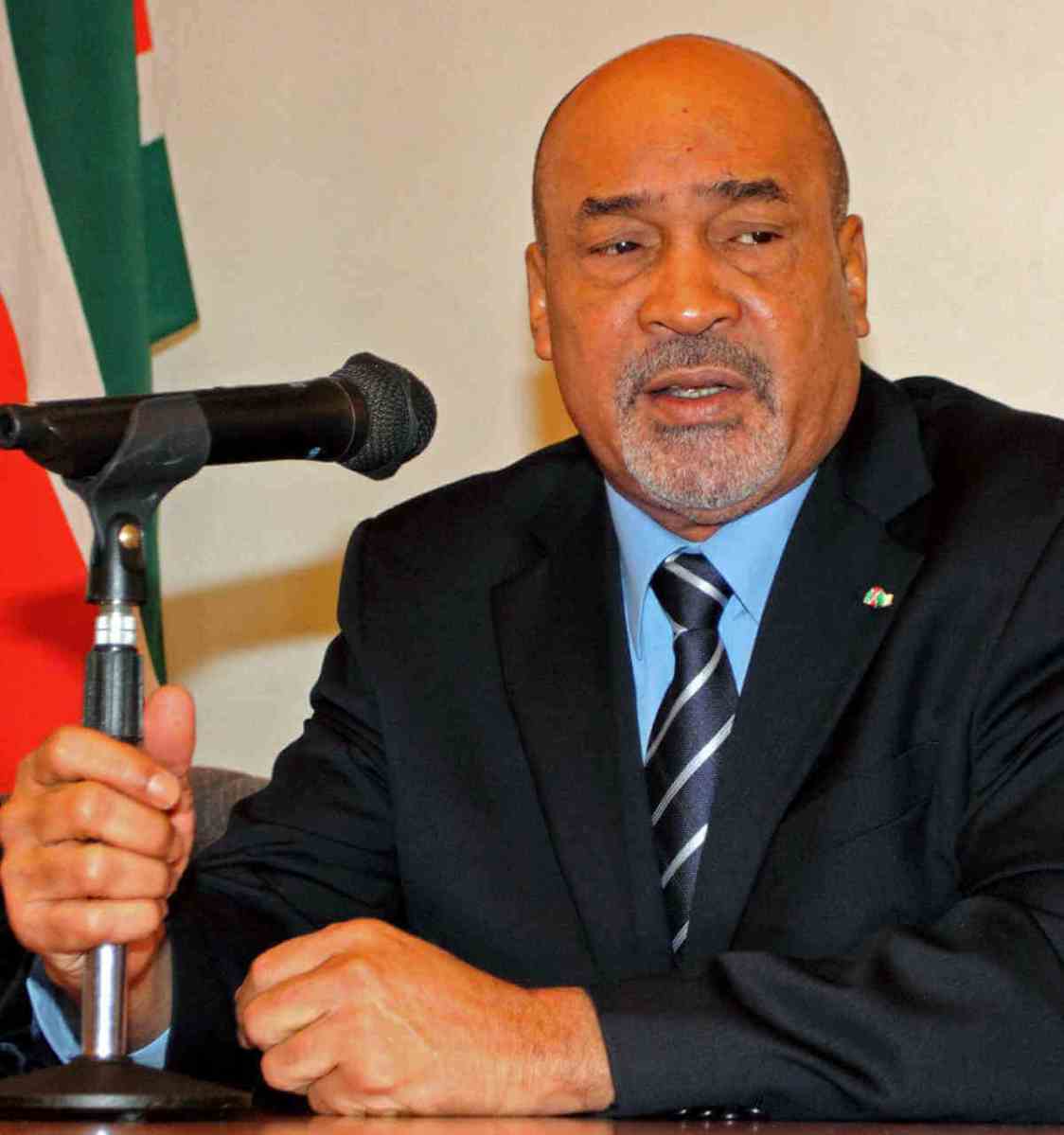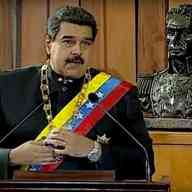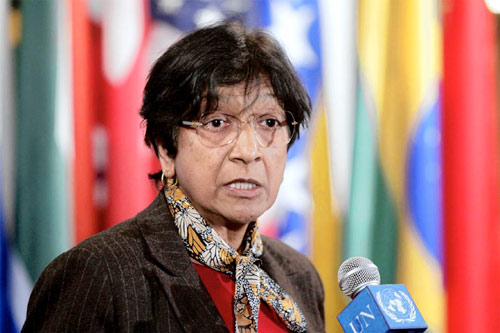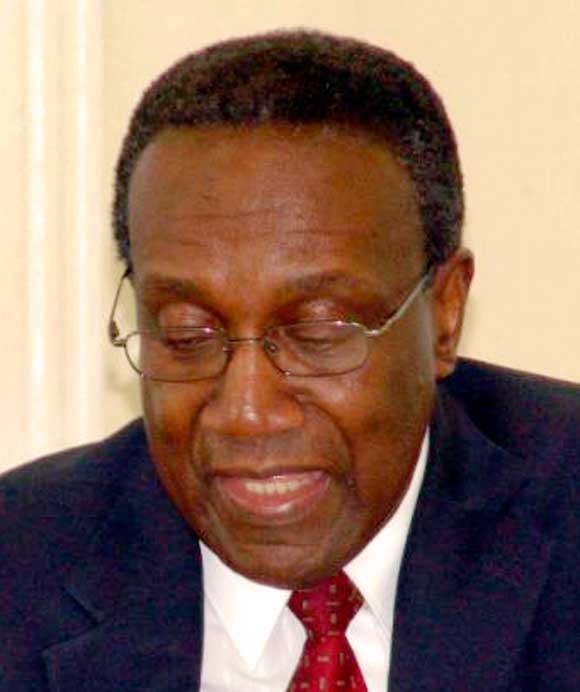Just when you thought that the administration of Surinamese President, Desi Bouterse could not handle another major scandal before the May 25 general elections, the embattled head of state and former military strongman is now trying to worm his way out of a major controversy involving the misuse of more than $100 million from the Central Bank of Suriname.
Local police this week arrested former governor Robert van Trikt and one of his business partners after it was revealed that he had without authorization diverted more than $100 million in foreign exchange deposits belonging to commercial banks for purposes unrelated to normal central bank chores.
Vice President Ashwin Adhin told the nation that some of the money had been used by the state to procure basic goods including “onions and potatoes” in addition to meeting monthly foreign debt requirements. Hard currency was also to be put into the economy to stabilize a weakening Surinamese dollar.
This triggered outrage among banks, civil society, the labor movement and opposition parties as the situation as only revealed after one of the banks had complained about the unusual discrepancy.
Once it was out in the open, authorities started an intense investigation that has now led to the arrest of ex governor Trikt and his business partner after reports surfaced that a consultancy under the control of the ex-bank chief had been paid large sums for consultancy services allegedly linked to the bank’s money. The customs department has also moved to seize two vehicles imported by Trikt and associates as they suspect that bank funds might have been used to fund the imports. Officials said that there was also evidence of under invoicing linked to the importation of a Range Rover and limousine.
The scandal has rocked the Dutch-speaking Caribbean Community nation as campaigning for the late May general elections heats up. Opposition parties and labor leaders have been feasting on the scandal, suggesting that ineptitude at state levels had gone too far. It comes also just weeks after Bouterse was sentenced to 20 years in jail for his role in the murders of 15 government opponents in 1982 when he was head of a military government. Bouterse, 74 is seeking a third consecutive five year term. His National Democratic Party (NDP) must win 26 of the 51 seats to attempt to form a government and to negotiate for the presidency.
To add to government’s political woes, Bouterse appeared to make an elementary political mistake of appointing ex central bank director Sigmund Proeve as the new bank chief despite the fact that he had just a few years ago been sentenced to jail for a year for illegally transferring US$100 million to a hotel group linked to casino interests also without authorization. Critics say they are astonished that almost the same scenario has played out today as stronger safeguards should have been in place after the first large unauthorized transfer.
Proeve won on appeal but opposition parties are expressing astonishment that Bouterse would now choose such a banker with a stained past to head the institution at this time of increased scrutiny. He has since turned down the offer especially after bank workers walked off the job on Tuesday and held up placards rejecting his nomination.
“The staff does not want Proeve,” said union leader Robby Berenstein as he mingled with protesting bank workers. He said no one doubted his financial prowess but the stain from the previous jail sentence is too much to deal with at this moment.
All this comes as the dollar is weakening and as foreign exchange shortages continue to plague the economy. The country received good news last month when large deposits of oil and gas were discovered offshore, a few miles away from mega oil find by American supermajor ExxonMobil across the marine borderline with Guyana.
In self defense, government through VP Adhin argued that “the central bank did not entirely keep their end of the deal. There were agreements on how we would use the money. It was clear that we would use it. The point is that it would be replenished every time we used it,” points the commercial banking sector scoffed at.


























